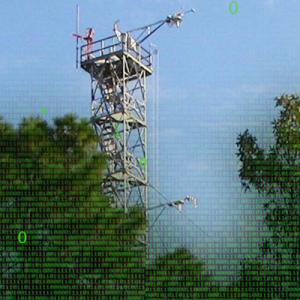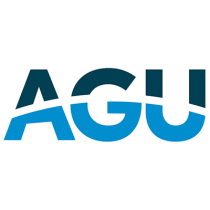Work with data series: NEON and Data Carpentry collaborate to support open science skill-building
April 9, 2015
Open science is a movement to make scientific research and data accessible to broader audiences. Some fundamental goals of open science include
- transparency in methodology and data collection;
- public availability and reusability of data; and
- use of open source tools to facilitate scientific collaboration.
To support collective open science goals, the National Ecological Observatory Network (NEON) and members of the Data Carpentry community are working together to develop resources and facilitate workshops that support open science skill-building.
Barriers to open science
Barriers to open science often stem from lack of
- transparent methodologies;
- use of open access software; and
- documented and reproducible workflows.
The Challenges of Irreproducible Research special edition of Nature in 2014, featured an editorial article titled Code Share, which states that “a core element of many papers is the computer code used by authors in models, simulations and data analysis. In an ideal world, this code would always be transportable and easily used by others.” Many journals and funding institutions now require open and reproducible methodology, including a data management plan, for publication submission and research proposals.
Open science skill-building
Open science methods that take advantage of powerful open datasets, such as those provided by NEON, require data literacy and a specific suite of data analysis and management skills. NEON and Data Carpentry are collaborating to build materials and lead workshops that teach scientists core data analysis, visualization and management skills. Data Carpentry, a partner of Software Carpentry, teaches basic concepts, skills and tools for working effectively with data. Typical Data Carpentry workshops focus on manipulation, visualization and analysis of ecological and/or organismal data, while covering the following topics:
- Use of Unix Shell
- Python or R
- SQL database basics
- Best practices for managing data in Excel and SQL
Lesson development
NEON is collaborating with Data Carpentry colleagues to develop materials that will be taught by Data Carpentry instructors. For example, NEON recently worked with Data Carpentry to redevelop the Python for Ecologists workshop materials. This suite of Python materials teaches the fundamentals of data ingest, manipulation, processing and visualization, with a focus on the Pandas, OS and Matplotlib libraries. The organismal data utilized in this lesson closely parallel the types of organismal data NEON will provide to users at field sites across the U.S.
Leading workshops
NEON is co-facilitating workshops featuring lessons and materials developed via the Data Carpentry network. While development of materials is integral to open science, these workshops provide in-person guidance to people seeking to build open science skills. Learn more about upcoming NEON-facilitated Data Carpentry workshops below:
Python Software Engineering Conference (SEA) and Tutorials, April 15-16
NEON Scientist, Leah Wasser and University of Colorado, Boulder Postdoctoral Researcher, Mariela Perignon, are leading a Data Carpentry Python Workshop that will be held during the UCAR Software Engineering Conference (SEA) Conference, held annually in Boulder, Colorado. Registration is full but please stay tuned for future workshops.
Data Carpentry R workshop, CSU NDIC workshop, May 5-6
NEON Scientists Natalie Robinson and Leah Wasser will work with Tracy Teal, Data Carpentry's Executive Director, to teach an R Workshop that will be held during the Colorado State University National Data Integrity Conference (NDIC) in Fort Collins, CO. Registration is full but please stay tuned for future workshops.

